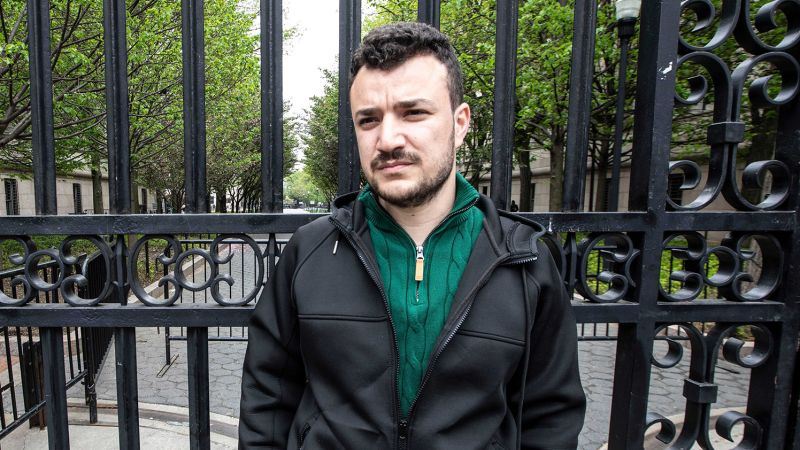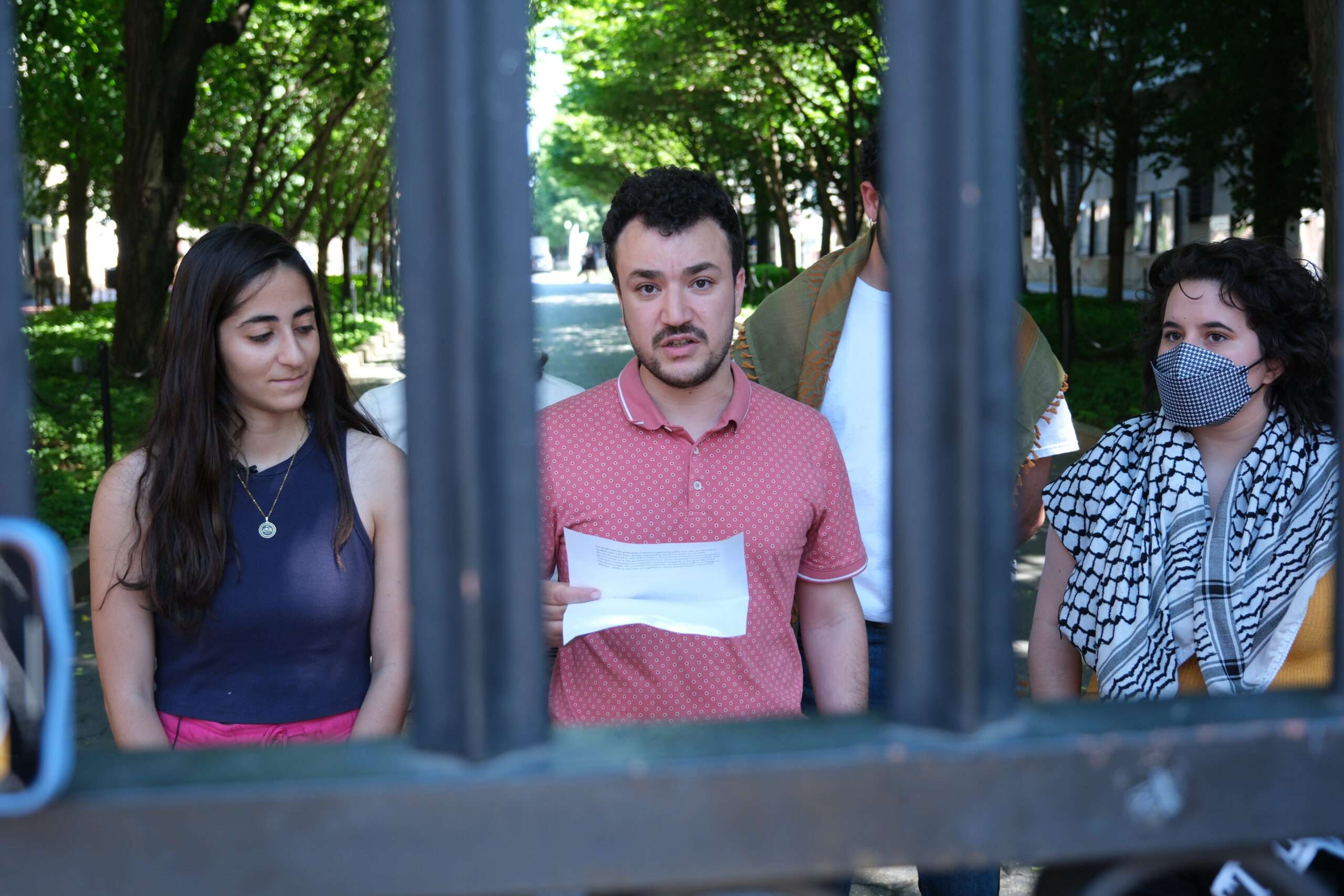U.S. Government Pursues Deportation of Pro-Palestinian Activist Mahmoud Khalil
Mahmoud Khalil faces deportation amid allegations of willful misrepresentation on his residency application, sparking debates over free speech and retaliation against activism.
Subscribe to unlock this story
We really don't like cutting you off, but you've reached your monthly limit. At just $5/month, subscriptions are how we keep this project going. Start your free 7-day trial today!
Get StartedHave an account? Sign in
Overview
The U.S. government contends that Mahmoud Khalil, a Columbia student and pro-Palestinian activist, failed to disclose critical information on his green card application. Despite being labeled a potential national security threat, deportation efforts have prompted claims of political retaliation. His defense argues that the new justification for deportation lacks validity and stems from Khalil's activism criticizing U.S. foreign policy. Khalil, who identifies as a political prisoner, has garnered attention for the implications of his case on free speech rights in the U.S.
Report issue

Read both sides in 5 minutes each day
Analysis
- The U.S. government claims Mahmoud Khalil failed to disclose relevant information in his green card application, which could provide grounds for his deportation, although the motivations for his detention suggest potential retaliatory actions due to his vocal pro-Palestinian stance.
- There are concerns that the legal rationale for Khalil's deportation may be weak and primarily a means of silencing dissent against U.S. foreign policy regarding Israel and Palestine, raising implications for free speech rights.
- The situation highlights the complexities of immigration law as it intersects with political expression, and whether genuine threats to national security are present or if it is merely a suppression of political views.
Articles (3)
Center (1)
FAQ
No FAQs available for this story.
History
- This story does not have any previous versions.

